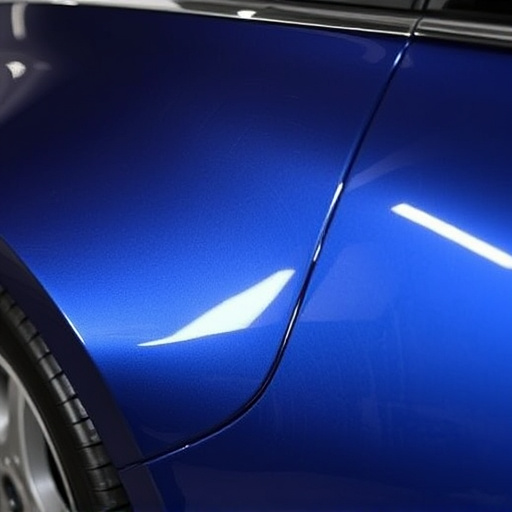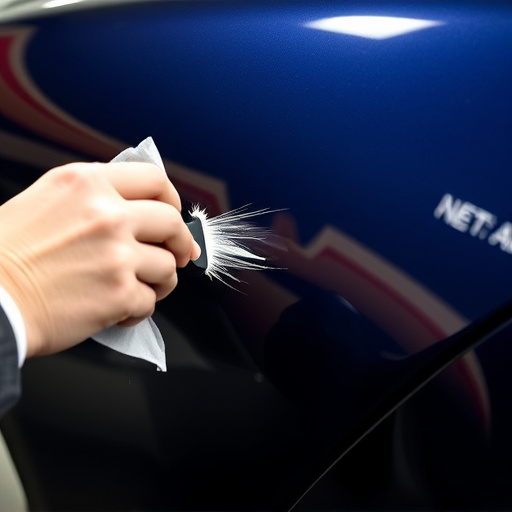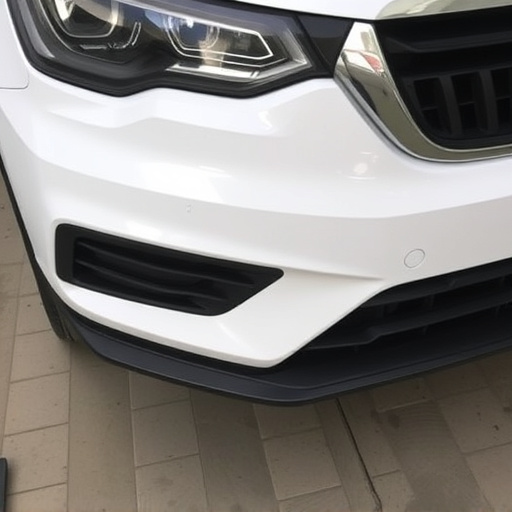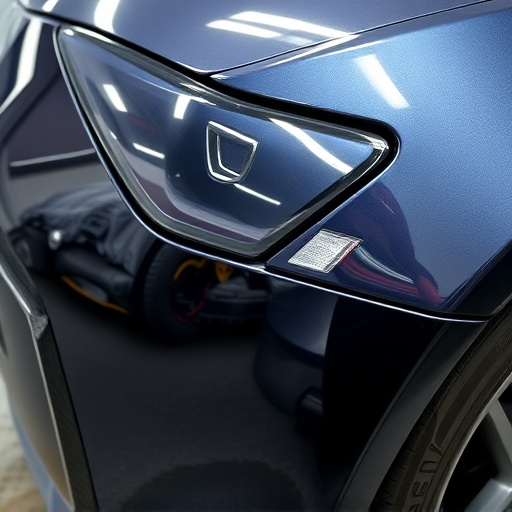Tesla collision diagnostics leverage advanced sensors and software to detect and resolve electrical system failures in Tesla vehicles quickly and accurately. In accidents, they pinpoint damaged parts, streamlining repairs, enhancing safety, saving time, and reducing costs. This integrated approach boosts vehicle reliability, providing peace of mind for daily drivers, and even for luxury brands like Mercedes-Benz.
Tesla collision diagnostics have emerged as indispensable tools for identifying electrical system failures in electric vehicles. As Tesla’s popularity soars, understanding hidden issues within their complex electrical systems is crucial for safe operations. This article delves into the advanced tech behind Tesla collision diagnostics, exploring how they uncover potential problems that might otherwise go unnoticed. By leveraging these innovative solutions, Tesla owners and service professionals ensure optimal performance and safety for these cutting-edge electric vehicles.
- Tesla Collision Diagnostics: Unveiling Electrical Failures
- Detecting Hidden Issues in Electric Vehicles
- Advanced Tech for Secure Tesla Operations
Tesla Collision Diagnostics: Unveiling Electrical Failures
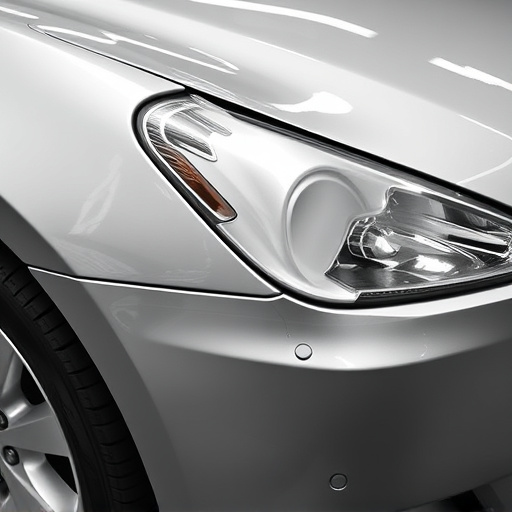
Tesla collision diagnostics have revolutionized the way electrical system failures are detected and addressed. These advanced systems utilize a combination of sensors and software to scrutinize every component, ensuring that even subtle issues within the intricate electrical network of Tesla vehicles are identified. When an accident occurs, Tesla collision diagnostics tools can pinpoint damaged or malfunctioning parts, including those related to tire services, automotive repair, and vehicle body repair.
By integrating these diagnostic capabilities, Tesla owners benefit from faster and more accurate assessments, leading to efficient repairs and enhanced safety. This technology not only saves time but also plays a crucial role in minimizing the costs associated with extensive vehicle body repairs. Moreover, it contributes to the overall reliability of Tesla vehicles, fostering confidence among drivers who rely on their cars for daily transportation.
Detecting Hidden Issues in Electric Vehicles

In the realm of electric vehicles (EVs), detecting hidden issues can be a complex challenge due to their intricate electrical systems. Traditional methods often struggle to uncover subtle failures in EV components, leaving potential problems undiagnosed until they escalate. This is where Tesla collision diagnostics prove invaluable. These advanced tools are designed to penetrate beyond the surface, identifying not just visible damages like a car dent repair or paint scratches but also pinpointing hidden glitches within the electrical network.
By employing sophisticated sensor technologies and data analysis, Tesla collision diagnostics enable comprehensive assessments of EV components. Unlike a conventional car repair shop focusing solely on physical repairs, these diagnostic tools capture the intricate interplay between various systems—from battery modules to motor control units. This holistic approach ensures that any electrical system failure, no matter how subtle, is brought to light, enabling owners and technicians to address them promptly. Thus, Tesla collision diagnostics not only facilitate efficient car paint services but also foster a culture of proactive maintenance, ensuring the longevity and reliability of electric vehicles on the road.
Advanced Tech for Secure Tesla Operations
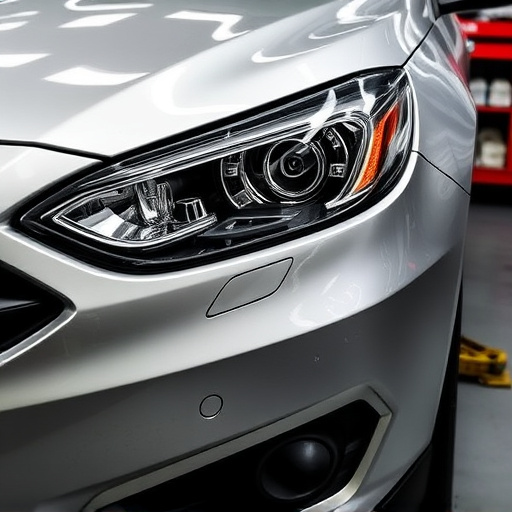
Tesla Collision Diagnostics employ advanced technology to ensure secure operations and reliable vehicle performance. These cutting-edge tools are designed to detect even the subtlest electrical system failures, which can often go unnoticed during routine inspections. By leveraging Tesla collision diagnostics, technicians gain access to a comprehensive understanding of the vehicle’s systems, enabling them to perform precise repairs.
This proactive approach to maintenance is particularly valuable for luxury car brands like Mercedes-Benz, where intricate electrical systems require meticulous care. Just as a dent in a car’s body may indicate deeper structural issues, Tesla collision diagnostics help identify potential problems before they escalate into costly and time-consuming vehicle collision repair or car dent repair scenarios.
Tesla collision diagnostics have emerged as indispensable tools for identifying and addressing electrical system failures in electric vehicles. By leveraging advanced technology, these diagnostics enable thorough inspections, uncovering hidden issues that could impact vehicle safety and performance. This not only ensures the secure operation of Teslas but also promotes consumer confidence in the reliability of their electric car investments. With continuous advancements in Tesla collision diagnostics, the future looks bright for even more efficient and accurate identification of potential problems.
